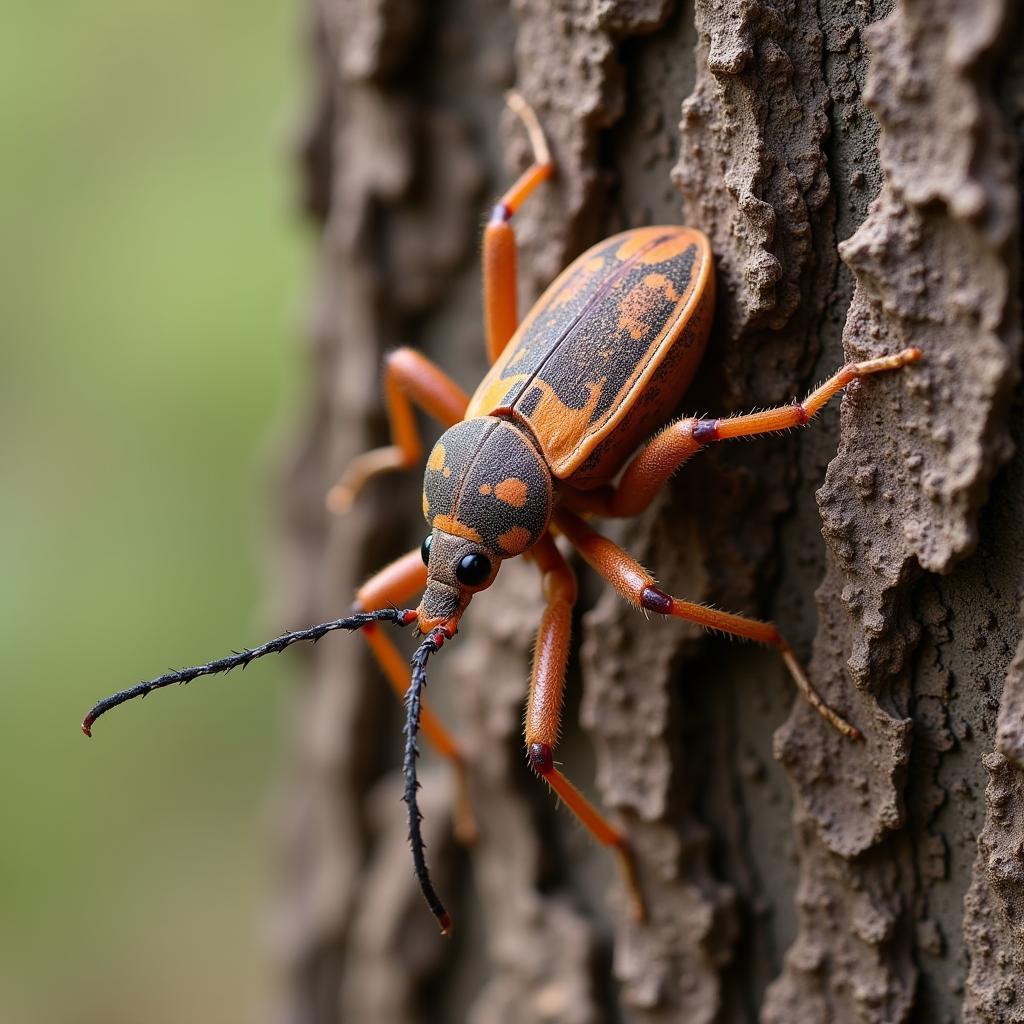African Daisy Flower Facts: A Comprehensive Guide
African daisies, with their vibrant hues and cheerful disposition, are a popular choice for gardens worldwide. These charming flowers, scientifically known as Osteospermum, aren’t actually daisies in the strictest botanical sense. They belong to the Calenduleae family, related to calendulas and marigolds. But their daisy-like appearance has earned them the affectionate moniker “African daisy.” This article delves into the fascinating world of African daisies, exploring their origins, diverse varieties, cultivation tips, and more.
Unveiling the Origins of African Daisies
Native to South Africa, African daisies thrive in the region’s diverse climates, from coastal regions to mountainous slopes. Their resilience and adaptability have contributed to their global popularity. They are particularly well-suited to warm, sunny climates, making them a favorite in gardens across the world. These flowers are a testament to the rich biodiversity of the African continent.
Exploring the Kaleidoscope of African Daisy Varieties
African daisies come in a dazzling array of colors, including shades of pink, purple, orange, yellow, and white. Some varieties even feature bi-colored petals or unique spoon-shaped blooms. This diversity makes them a versatile addition to any garden design. From the classic white and yellow to the striking purples and oranges, there’s an African daisy to suit every taste.
Some popular varieties include the ‘Bright Lights’ series, known for its vibrant, multi-colored blooms, and the ‘Serenity’ series, which features soft pastel shades. The ‘Cape Daisy’, with its classic white petals and blue center, is another beloved variety.
Cultivating African Daisies: A Gardener’s Guide
African daisies are relatively easy to grow, making them an ideal choice for both novice and experienced gardeners. They prefer well-drained soil and plenty of sunlight. While drought-tolerant, they benefit from regular watering, especially during hot, dry spells.
Deadheading, or removing spent blooms, encourages continuous flowering throughout the season. Pinching back young plants can promote bushier growth and more abundant blooms. With a little care and attention, African daisies will reward you with a vibrant display of color.
African Daisy Flower Facts: Lifespan and Blooming Season
How long do African daisies live? The lifespan of an African daisy can vary depending on the climate and growing conditions. In warmer climates, they may behave as perennials, returning year after year. In colder regions, they are often grown as annuals. Their blooming season typically extends from spring to fall, providing a long-lasting display of color.
How to Extend the Blooming Period
To extend the blooming period of your African daisies, ensure they receive adequate sunlight, water, and nutrients. Regular deadheading is crucial to encourage the plant to produce more flowers. Protecting them from frost in colder climates can also help prolong their lifespan and blooming season.
African Insects and African Daisies
African daisies attract a variety of pollinators, including bees and butterflies. They are a valuable addition to any pollinator garden. While they are generally pest-resistant, they can occasionally be susceptible to aphids or spider mites. african insects sia
African Daisy Flower Facts: Symbolism and Meaning
In the language of flowers, African daisies are often associated with cheerfulness, optimism, and new beginnings. Their vibrant colors and daisy-like appearance evoke feelings of joy and happiness.
Conclusion: Embracing the Beauty of African Daisies
African daisies, with their vibrant colors and easy-going nature, bring a touch of African sunshine to gardens worldwide. From their diverse varieties to their simple cultivation requirements, these charming flowers are a delightful addition to any landscape. So, embrace the beauty of African daisies and let their vibrant blooms brighten your garden and your day. Remember the keyword, “African Daisy Flower Facts”, when seeking more information on these captivating flowers.
FAQ
-
What is the best time to plant African daisies?
- Spring is the ideal time to plant African daisies after the last frost has passed.
-
How often should I water my African daisies?
- Water regularly, especially during dry periods, but avoid overwatering.
-
Can I grow African daisies in containers?
- Yes, African daisies thrive in containers, provided they have adequate drainage.
-
How do I protect my African daisies from frost?
- Cover plants with a protective cloth or bring them indoors during frosty weather.
-
Why are my African daisies not blooming?
- Lack of sunlight, insufficient watering, or infrequent deadheading can hinder blooming.
-
Are African daisies toxic to pets?
- While generally considered non-toxic, it’s best to keep pets from consuming them.
-
What are some companion plants for African daisies?
- Consider planting them alongside other sun-loving plants like petunias or verbena.
Expert Insights
Dr. Emeka Nkosi, a renowned botanist specializing in African flora, notes, “African daisies are a testament to the incredible biodiversity of the African continent. Their adaptability and vibrant colors make them a valuable addition to gardens worldwide.”
Professor Anika Zulu, a horticultural expert, adds, “The ease of cultivation and long blooming season of African daisies make them an excellent choice for both beginner and experienced gardeners.”
Professor Kofi Asamoah, another expert, shares, “African daisies are more than just beautiful flowers. They play an important role in supporting pollinators and contributing to the ecological balance of their native habitats.”
Explore More
For further information on related topics, you can explore articles on our website such as: african insects sia
If you need further assistance, please contact us at Phone Number: +255768904061, Email: kaka.mag@gmail.com or visit us at Mbarali DC Mawindi, Kangaga, Tanzania. We have a 24/7 customer service team.

